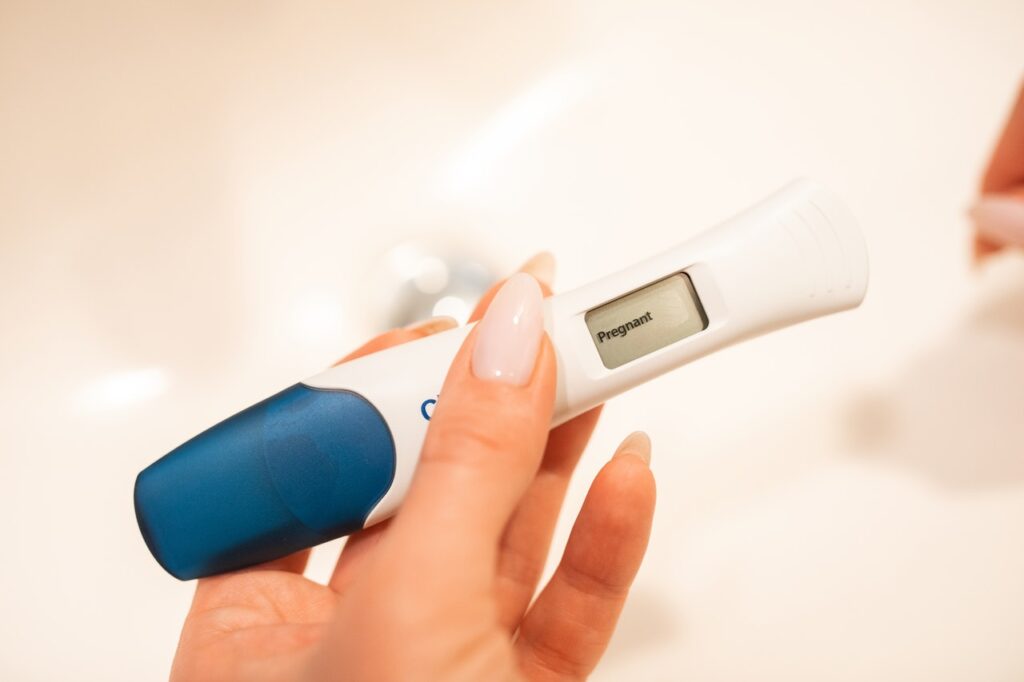
By Cristian Carlos, special for Pen Sula 360 Press [P360P]
The US Supreme Court is set to issue its opinion on the case Dobbs v. Jackson Women's Health Organization, which will immediately wipe out abortions in at least 22 states across the United States, representing a barrier to the reproductive health of pregnant people in the US and especially the Asian-American and Pacific Islander (AAPI) community.
Therefore, Ethnic Media Services hosted a briefing with experts in the field, where panelists discussed the impact of the court's expected decision and possible ways forward for advocates seeking to stop or reverse these new restrictions that will deny women access to a much broader range of reproductive health care providers across the U.S.
The opening address was given by Congresswoman Judy Chu, of the Democratic Party of California, who said that the right to abortion is under threat and that
